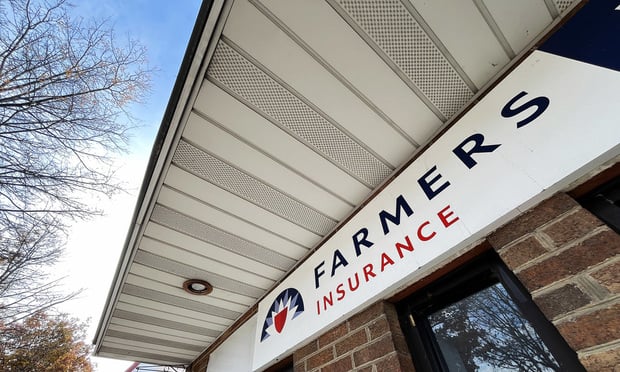 Summer is here, and with that comes the start of another hurricane season. While this mainly affects people living in hurricane-prone areas, every claim department writing business in these areas begins to plan and speculate on what the season will bring. The peak season runs from August through October, with 78 percent of the tropical storm days occurring during this timeframe. Now is the time to make sure you are prepared.
Summer is here, and with that comes the start of another hurricane season. While this mainly affects people living in hurricane-prone areas, every claim department writing business in these areas begins to plan and speculate on what the season will bring. The peak season runs from August through October, with 78 percent of the tropical storm days occurring during this timeframe. Now is the time to make sure you are prepared.
Each season brings with it various weather and wind patterns that will impact the overall outcome. In 2009, we had what was described as a "non-season," mainly because of El Nino. Will 2010 be the same, or will the recent volcanic activity in Iceland have some noticeable effect on ocean temperatures or wind currents? All anyone can do is look to the models and make predictions.
One of the foremost authorities on Atlantic hurricane predictions is Colorado State University's (CSU) Tropical Meteorology Project, which issues predictions starting in December of the prior year. The team updates the forecast as the season edges closer. As of CSU's April predictions, 2010 will likely see 15 named storms, eight of which will become hurricanes, with four developing into what is classified as major hurricanes. The probability of a hurricane making U.S. landfall is 69 percent. This is considered an above-average season when compared to the average storms between 1950 and 2000.
Want to continue reading?
Become a Free PropertyCasualty360 Digital Reader
Your access to unlimited PropertyCasualty360 content isn’t changing.
Once you are an ALM digital member, you’ll receive:
- Breaking insurance news and analysis, on-site and via our newsletters and custom alerts
- Weekly Insurance Speak podcast featuring exclusive interviews with industry leaders
- Educational webcasts, white papers, and ebooks from industry thought leaders
- Critical converage of the employee benefits and financial advisory markets on our other ALM sites, BenefitsPRO and ThinkAdvisor
Already have an account? Sign In Now
© 2024 ALM Global, LLC, All Rights Reserved. Request academic re-use from www.copyright.com. All other uses, submit a request to [email protected]. For more information visit Asset & Logo Licensing.








